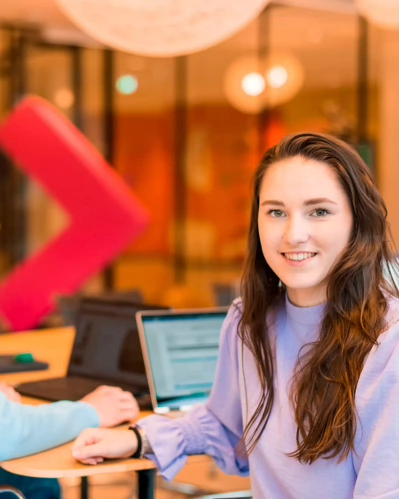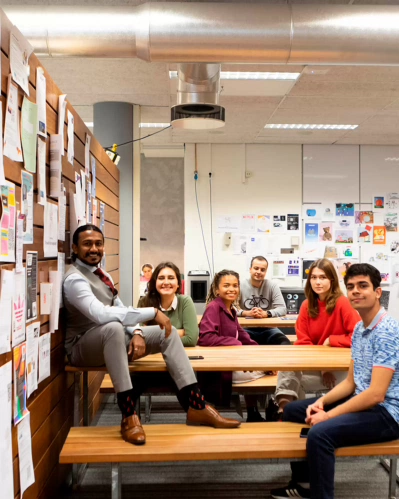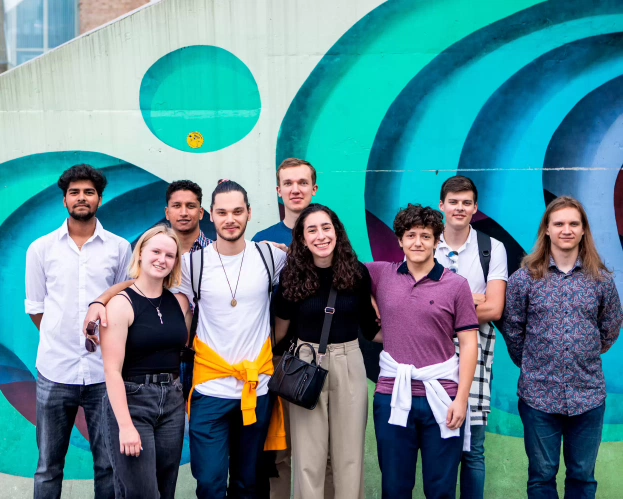
Programmes

Living in the Netherlands
- Information for parents/carers
- Our campuses
- Studying in the Netherlands
- Visa and insurance
- Holiday calendar

Deadline: June 1 (non-EEA) or Aug 15 (EEA)
Open days and more
The Fontys Master of Science in Finance provides an in-depth curriculum that covers financial analysis, risk management, investment strategies, and corporate finance. Combining theory with hands-on experience, prepares you to excel in the dynamic world of global finance.
Study in a diverse, international environment and gain a global view of finance.
You will gain valuable, real-world insights that enrich your education.
Our graduates are highly desired by leading financial firms around the globe.

Develop strong analytical skills and financial strategies while gaining expertise in M&A, portfolio management, and risk analysis. Learn through a combination of applied science and research. Whether you pursue a PhD or a management role in finance, you wll be well-prepared. Study in the Netherlands, the UK, and at a company of your choice.
Master M&As, portfolio optimisation, and financial decision-making strategies.
Master risk management using advanced financial instruments.
Pursue a PhD or finance management roles.
In the 1-year Master in Finance, you will study in Venlo and Plymouth, with the flexibility to complete your thesis from anywhere. Gain expertise in corporate finance, investment strategies, risk management, and portfolio optimisation. Strengthen your abilities in advanced financial decision-making and research.

Graduates of the Fontys Master of Science in Finance are equipped to pursue careers in banking, investment management, corporate finance, and consulting. Step into roles such as financial analyst, investment banker, risk manager, or CFO. Our program unlocks a world of global career opportunities.
Check the full admission requirements to see which qualifications allow you to enrol.
The exact requirements vary per programme—click the link to check the specific criteria
Discover our campus: beautiful and well-equipped study spaces, trendy coffee corners, and pleasant campus squares. Everything for your growth and enjoyment!
Learn more about our tuition fees and understand the monthly living expenses for international students in the Netherlands, ranging from EUR 900 to EUR 1,100.
Tuition fees and other finances
Starting a study in a foreign country is exciting. Make sure to start your search for accommodation on time.
September
English
1 year(s)
Master
Full-time
Venlo, Plymouth